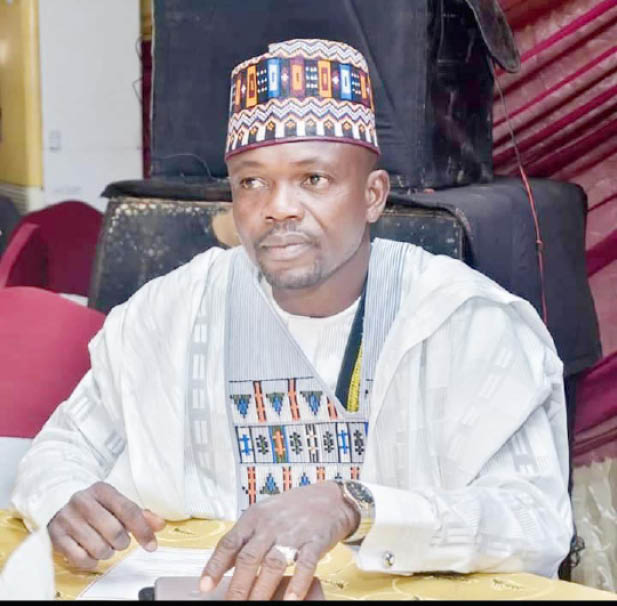Education Trust Fund bill will solve learning challenges in Zamfara — Kanoma
Yusuf Alhassan Kanoma is the Chairman House Committee on Basic Secondary and Non-Formal Education in Zamfara State House of Assembly and has sponsored a bill for an Education Trust Fund. He spoke on what the bill seeks to address and how they plan to tackle the out of school children problem in the state. What […]

Yusuf Alhassan Kanoma is the Chairman House Committee on Basic Secondary and Non-Formal Education in Zamfara State
Yusuf Alhassan Kanoma is the Chairman House Committee on Basic Secondary and Non-Formal Education in Zamfara State House of Assembly and has sponsored a bill for an Education Trust Fund. He spoke on what the bill seeks to address and how they plan to tackle the out of school children problem in the state.
What is the House doing towards addressing issues around education in the state?
We have been consistent in giving our own due contribution. It is only the House of Assembly in our own era that we are able to add N1.5 billion in education, as against what we normally experienced, which was reduction.
I believe this is the only administration that has not received any support or contribution from any external agency.
Should we expect any law that will tackle the issue of out of school children from the house?
Well, not just out of school children because I wanted to say regarding the out of school, as long as we are reducing, we get to a level where we don’t have out of school children; we will have all of them in school.
But the house is working towards elevating any issue in education; we passed the anti-hawking bill recently and I was discussing with the speaker, because the house also passed a bill on Education Trust Fund which can do a lot in education.
We source funds from different angles because the major problem we have is getting funds and releasing funds. In most instances, we have our own money because we have the 1 per cent education levy, if we add that from all the contracts, it is enough money to manage some of our problems.
We equally have our own contributions, the private schools need to pay something, also from so many companies and there are so many sources.
I was also disturbing the speaker to take the bill to the governor for accent, when they took the bill to him, the governor said there was an issue he wanted us to revisit.
He wanted the executive chairman but we made an executive secretary so that he controls the spending, so that if the organisation is politicised the rate of spending won’t be so much. That is why we decided to use the civil servants executive secretariat. The membership is drawn from the ministry and house of assembly and other critical stakeholders so that they don’t have to pay extra.
The regulation or recruitment of the staff will not come differently, it will be the normal state government civil servants. Unfortunately I wasn’t there to convince the governor because I sponsored the bill and know much about it.
I explained to the speaker but I am not sure whether it is signed but as soon as it is signed most of our problems in education will be solved.
So, if we are able to get that bill, we have the resources and it’s not something that is directly linked to the government because of the 1 per cent education levy.
When I came on board I realised that sometimes they will keep it in the Ministry of Finance, and after some time they will tell the governor if he needed money that we have maybe we have up to N450 million education levy. Then they say you can borrow N300 million and when he takes that, unfortunately the remaining N150 million will magically disappear.
I always mention this problem we have with the ministry of finance. It got to a level where they closed the account. I made all effort to reopen that account but we could not. I tried to persuade them but they did not. I felt that let us not throw away the baby with the bathing water. So we came up with another idea, that we started afresh but a lot of damage has been done already, particularly with those in the finances.
In the law, it is clearly stated that if an agency fails to remit after a month and the accountant general refused to close the account, he will be sued. So he may not know what is happening but if he gave us anything unacceptable, they will sue him and he will see what will happen and the next accountant-general will know how to deliver.
We are also having issues with WAEC and NECO. We’ve been discussing with the permanent secretary and the commissioner so we are working towards resolving all our problems of education.
I believe the major problem we have is finance. We have technical personnel to take care of technical issues but you don’t expect that technical person to take care of personal resources while working for the government.
What does the anti–hawking bill seek to address?
The bill indicates that children cannot hawk during school hours and that parents will be compelled to send their kids to school, in fact the parents will be penalized if they failed to do so.
